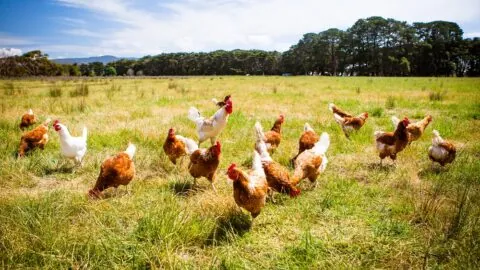May 26, 2025
In Aging, researchers have published their discovery that three years of caloric restriction in rhesus macaques that are beginning to enter menopause slows their ovarian aging. Closer to people than mice The ovary is one of the first human organs to be seriously affected by aging, with the follicles becoming depleted long before most causes...
January 08, 2025
In a new study, researchers have found that lithocholic acid, a metabolite found in the serum of calorically restricted mice, can mimic the effects of caloric restriction [1]. Restricting calories to live longer Caloric restriction without malnutrition improves healthspan and extended lifespan in multiple model organisms and has been found to have health benefits in...
November 12, 2024
At the University of Wisconsin-Madison, Dr. Rozalyn Anderson is studying one of the oldest-known and yet most powerful anti-aging interventions: caloric restriction (CR). Back in 1935, CR helped launch the entire longevity field when a pioneering study by Clive McCay and his colleagues at Cornell University demonstrated that CR without malnutrition significantly extends the lifespan...
May 07, 2024
A recent study from Penn State University may shed more light on the link between telomeres, aging, and why caloric restriction appears to influence them. Telomeres are linked to aging Telomeres are small protective caps on the ends of our chromosomes that guard our DNA. Telomere attrition, in which these caps slowly erode, is a...
March 20, 2024
In a recent Nature Communications paper, the researchers investigated changes in weight, metabolism, and microbiome that resulted from periodic restricted feeding in non-human primates [1]. Continuous vs. time-restricted caloric restriction Caloric restriction, which limits the amount of calories an organism consumes, is a widely known lifespan-extending intervention in laboratory animals [2]. How caloric restriction is...
February 08, 2024
According to a new study, prolonged severe caloric restriction in hens, known as “molting”, restores their egg-laying capacity, slows aging, and increases survival [1]. Lay fast, die young The domestic hen is not the go-to animal model in aging studies, but perhaps it could offer new insights. A hen’s lifespan is about 6-8 years, which...






